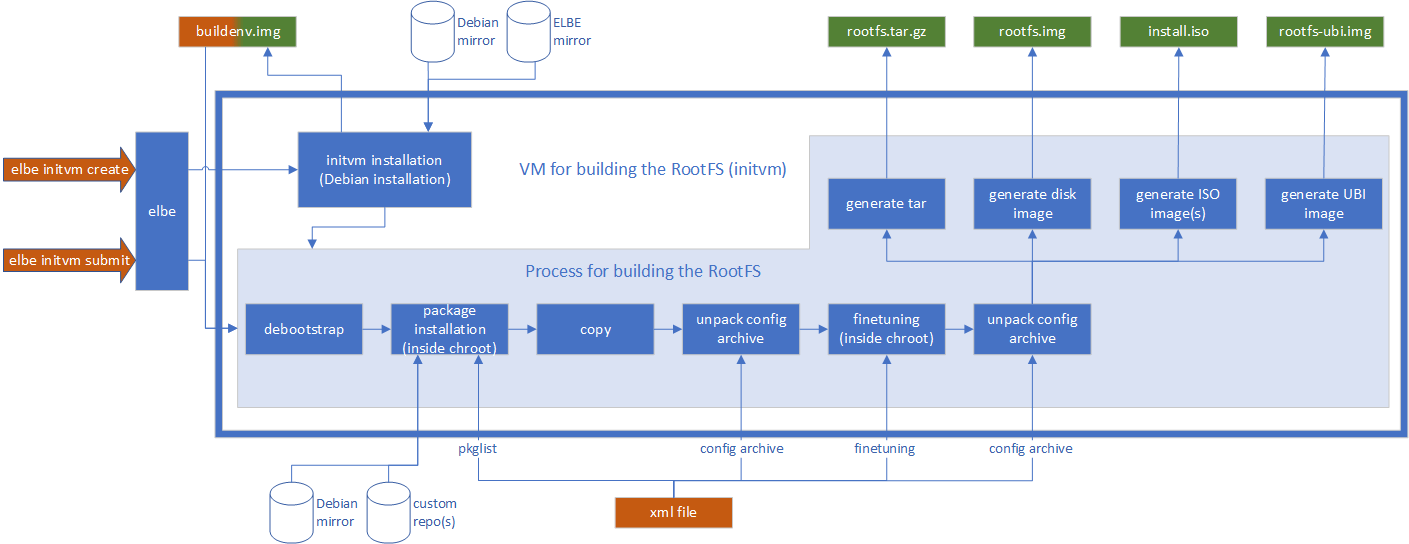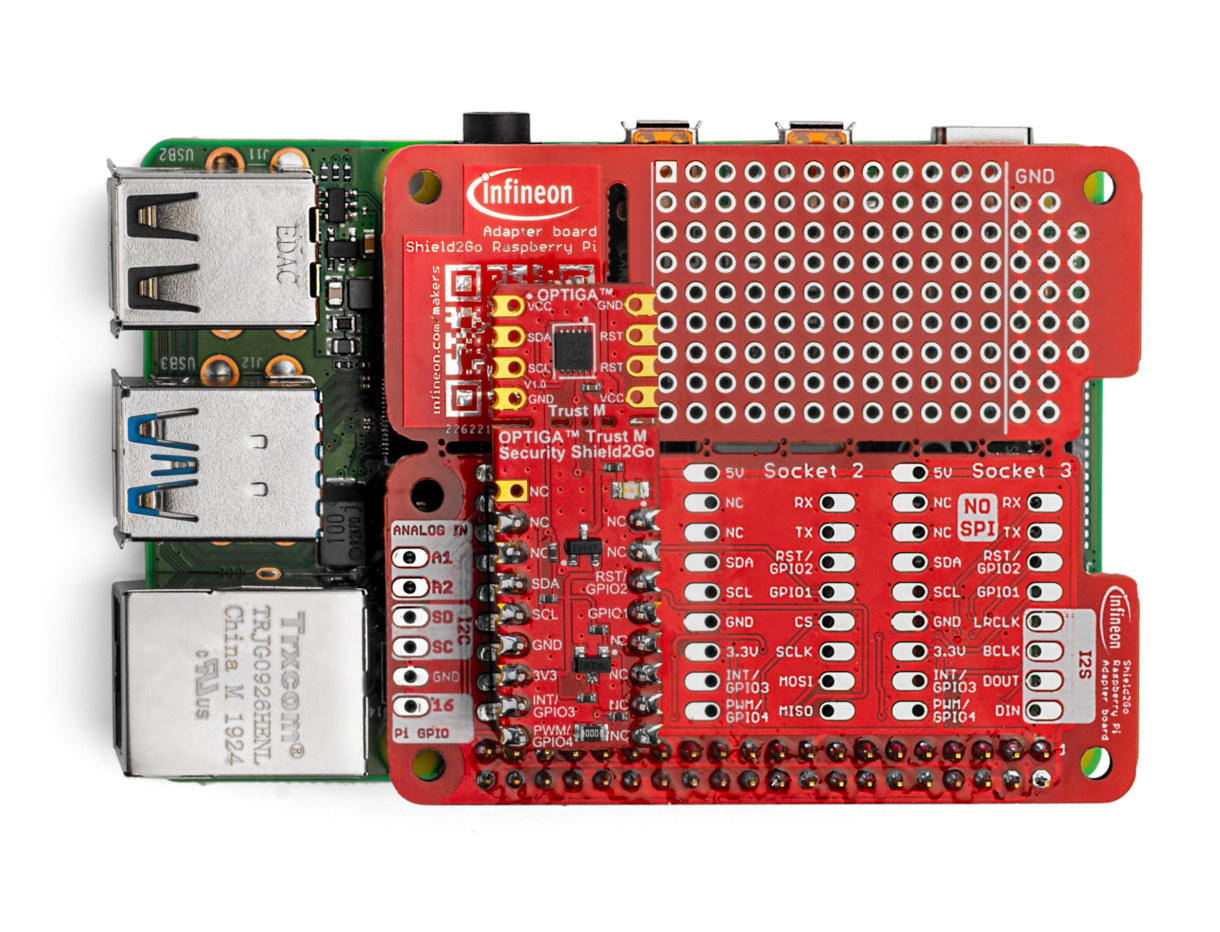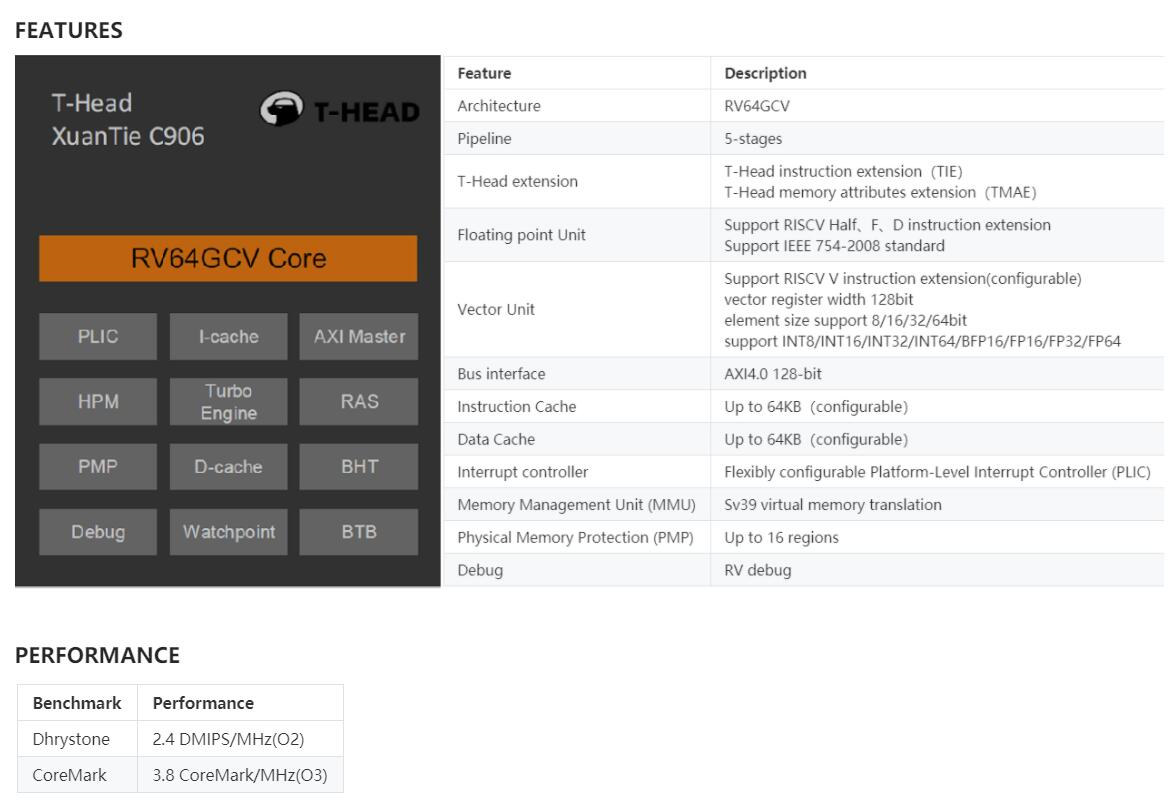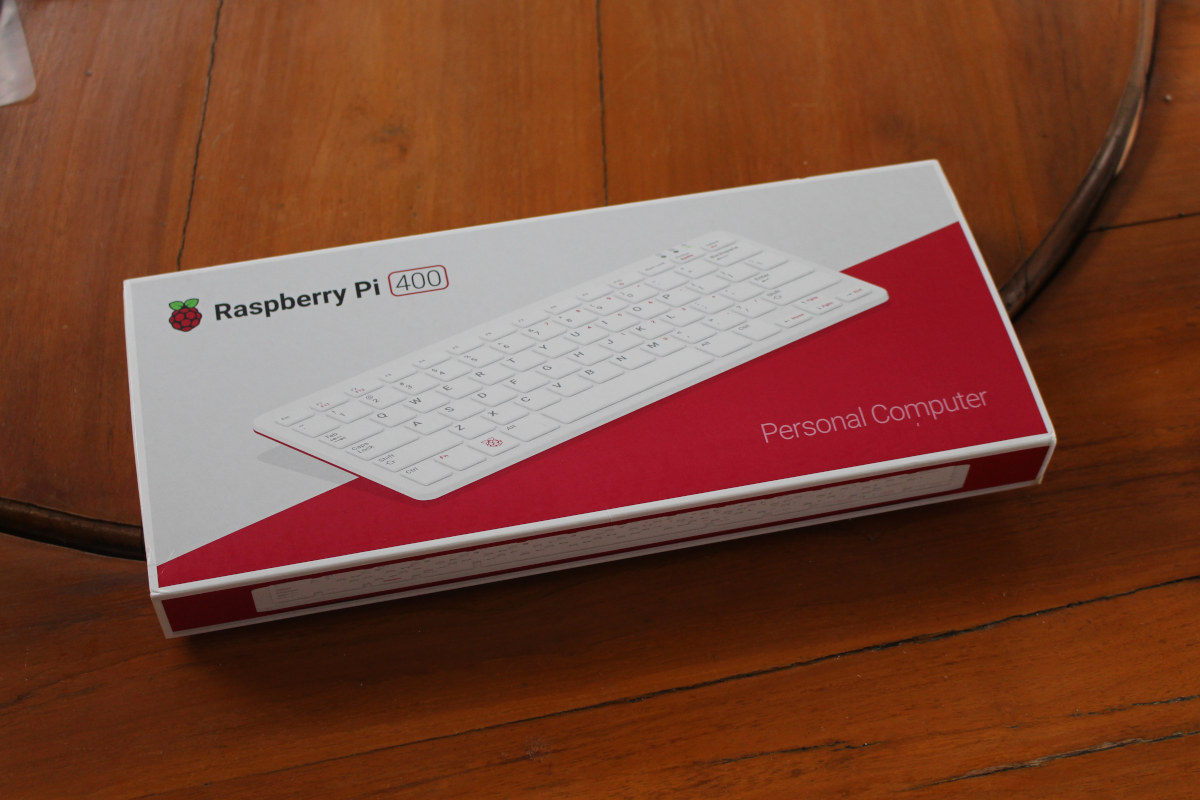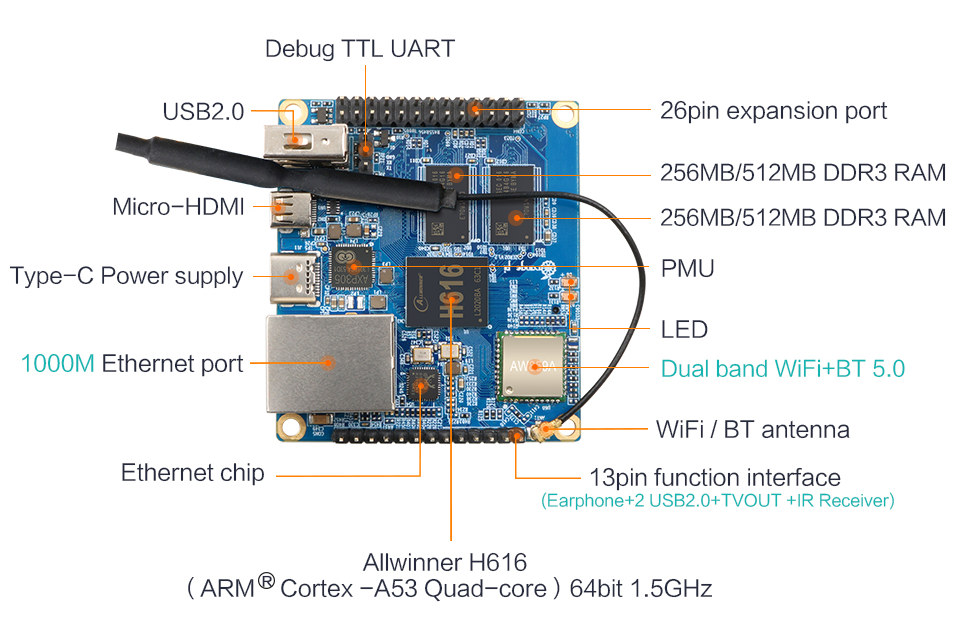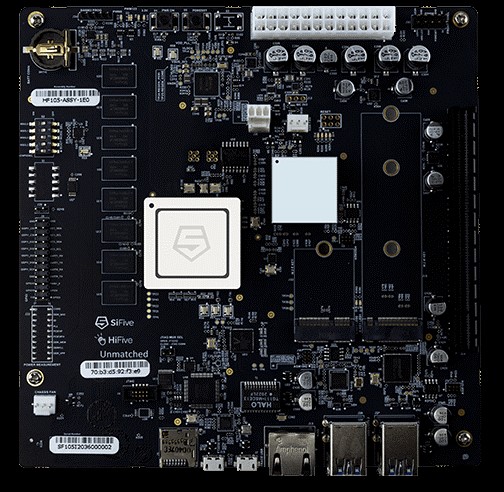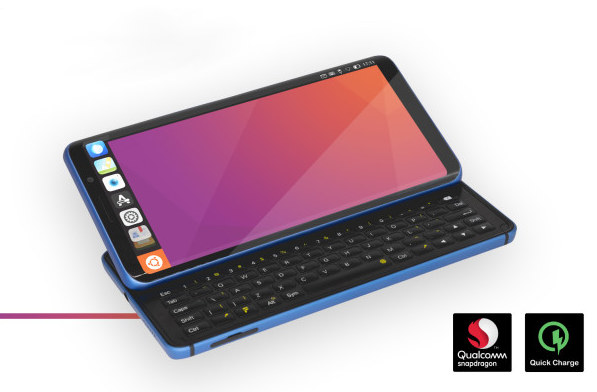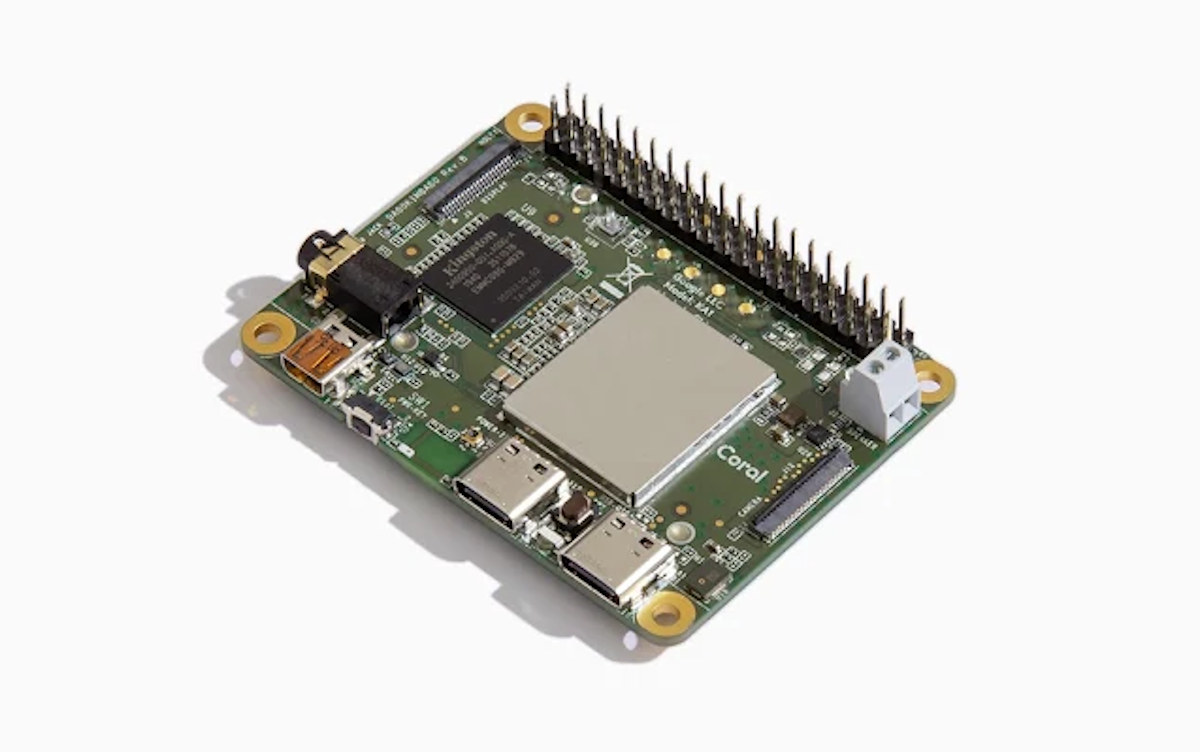To support embedded design, there are several options when it comes to choosing an operating system (OS). Some of the traditional approaches to building custom Linux systems is to use built systems such as Yocto/OpenEmbedded or Buildroot. The options available for system integration include building everything manually, binary distributions (Debian, Ubuntu, Fedora, etc.), and build systems (Buildroot, Yocto, PTXdist, etc.). The major drawback of build systems is that they are not as easy as a binary distribution and also the build time is more. Why was ELBE born? In the early days, the embedded devices had 4MiB flash and 16MiB of RAM. With these specifications, people started to hack a root file system for their devices. But in some cases, they had to start with building a cross-toolchain first. For this, tools like OpenEmbedded, Buildroot are good as long as they are well maintained. For this, a lot of libraries […]
OPTIGA Trust-M evaluation kit for Raspberry Pi targets Connected Home over IP standard
Last December, we reported that Amazon, Apple, Google, and the Zigbee Alliance had partnered to create Project Connected Home over IP (CHIP) working group with the goal of developing a royalty-free, secure Smart Home standard to increase compatibility among products over WiFi, Ethernet, Bluetooth LE, Cellular, 802.15.4 and others community protocol. Infineon has now unveiled OPTIGA Trust-M evaluation kit for Raspberry Pi designed to experiment with Connect Home over IP standard and comprised of Infineon Shield2Go HAT/adapter board, and OPTIGA Trust-M Security Shield2Go board equipped with Infineon OPTIGA Trust-M “Common Criteria Certified EAL6+” security controller. The Shield2Go adapter just re-routes the 40-pin Raspberry Pi header I/Os to sockets compatible with Infineon boards and a prototyping area. So the most important part is OPTIGA Trust-M Shield2Go which supports the following: X.509 certificates Device authentication Cryptographic support ECC NIST curves up to P-521, Brainpool r1 curve up to 512 RSA up to […]
XuanTie C906 based Allwinner RISC-V processor to power $12+ Linux SBC’s
Alibaba unveiled Xuantie-910 RISC-V core (aka XT910) in 2019 for powerful SoC with up to 16 cores, but an update in 2020 revealed the company planned to have a complete RISC-V core family for a wide range of application from low-power microcontrollers to server SoCs. At the time, I just assumed the company planned to keep their cores to themselves, but time proved me wrong as T-Head, the Alibaba subsidiary in charge of developing RISC-V cores, started to cooperate with Allwinner to develop open-source processors, which should lead to low-cost Linux capable RISC-V SBC very soon according to a tweet from Sipeed. Good News: We get first chip which based on XuanTie C906 (RV64GCV), it have abundant interface (HDMI/RGB/DVP/MIPI/GMAC/…), and will be able to run Debian system.Last and most important, the basic dev board price is start at 12.5$ (1% of HiFive Unleashed)。 pic.twitter.com/EJbXTJ5eMb — Sipeed (@SipeedIO) November 6, 2020 […]
Raspberry Pi 400 Keyboard Computer Features 1.8 GHz BCM2711C0 Processor
The Raspberry Pi Foundation has gotten us used to wait for a while between new hardware releases, but right after having announced Raspberry Pi CM4 and CM4 Lite a couple of weeks ago, the company has now introduced Raspberry Pi 400 keyboard computer with many of the same features as Raspberry Pi 4 single board computer, but as a fully integrated computer inside a 78-key keyboard, and equipped with a slightly faster Broadcom BCM2711C0 processor clocked at 1.8 GHz instead of 1.5 GHz. Raspberry Pi 400 keyboard computer specifications: SoC – Broadcom BCM2711C0 quad-core ARM Cortex-A72 processor @ 1.8GHz System Memory – 4GB LPDDR4-3200 SDRAM Storage – Push-push MicroSD card slot for OS (USB boot also works) Video & audio output – 2x micro HDMI ports up to 1 x 4Kp60, or 2 x 4Kp30 Connectivity Gigabit Ethernet RJ45 2.4GHz and 5GHz 802.11.b/g/n/ac WiFi 5, Bluetooth 5.0 and BLE (Bluetooth […]
Orange Pi Zero2 Allwinner H616 SBC runs Android 10 or Linux
Last year, Shenzhen Xunlong Software unveiled Orange Pi Zero2 SBC as an update to the popular Orange Pi Zero board with a faster Allwinner H6 processor, HDMI 2.0 video output, USB 3.0 port, Gigabit Ethernet, and WiFi. Just one little problem: AFAIK they never sold it. But Orange Pi Zero2 board is now back with another design features instead equipped with a newer Allwinner H616 processor supporting Android 10, and various Linux distributions such as Ubuntu and Debian. Orange Pi Zero2 (2020) specifications: SoC – Allwinner H616 quad-core Arm Cortex-A53 processor @ up to 1.5 GHz with Arm Mali G31 MP2 GPU with support for OpenGL ES 3.2 and OpenCL 2.0 Memory – 512MB or 1GB DDR3 Storage – 2MB SPI flash and MicroSD card slot Video Output Micro HDMI 2.0a port up to 4Kp60 Video composite (CVBS) via 13-pin header (See Expansion section) Video Decoding 10-bit H265/HEVC up tp […]
SiFive launches HiFive Unmatched mini-ITX motherboard for RISC-V PC’s
When it comes to RISC-V based SoC, SiFive has always set a benchmark in the RISC-V ecosystem. On 29th October 2020, SiFive confirmed the first-ever RISC-V PC. After an increased demand for AI-focused RISC-V microarchitecture, targeting all applications from artificial intelligence, the internet of things, high-performance computing, and now even desktop PCs. SiFive Freedom U740 powered HiFive Unmatched mini-ITX motherboard comes with a complete development environment which allows developers to create RISC-V based applications from bare-metal to Linux-based systems. “HiFive Unmatched ushers in a new era of RISC-V Linux development with a platform in a PC form factor. Powered by the SiFive Freedom U740, a high-performance multi-core, 64-bit dual-issue, superscalar RISC-V processor.”, SiFive says. It is the world’s fastest native RISC-V development platform. SiFive HiFive Unmatched Board At the heart of the SiFive board is a SiFive FU740 processor coupled with 8 GB DDR4 memory and 32 MB SPI Flash. It […]
F(x)tec Pro1 X smartphone runs LineageOS or Ubuntu, features a sliding keyboard (Crowdfunding)
F(x)tec Pro1 Android smartphone was introduced last year with the main differentiating features being its sliding keyboard. The company also mentioned support for Android-based LineageOS as well as Sailfish OS, but those need(ed) to be installed by the user. FX Technology has now unveiled F(x)tec Pro1 X smartphone with similar specs, except for the blue case and the option of having additional memory and storage, as well as official support for LineageOS and Ubuntu Touch thanks to a collaboration with XDA. Another difference is the availability of Scandinavian and AZERTY keyboard layouts F(x)tec Pro1 X specifications: SoC – Qualcomm Snapdragon 835 (MSM8998) octa-core Kryo 280 processor with 4x higher performance cores @ 2.45 GHz, 4x low-power cores @ 1.9 GHz, Adreno 540 GPU System Memory – 6GB or 8GB LPDDR4 Storage – 128GB or 256GB flash, MicroSD card up to 2TB Display – 5.99-inch 2160 x 1080 (FHD+) AMOLED display with […]
Google Coral Dev Board mini SBC is now available for $100
Google Coral SBC was the first development board with Google Edge TPU. The AI accelerator was combined with an NXP i.MX 8M quad-core Arm Cortex-A53 processor and 1GB RAM to provide an all-in-all AI edge computing platform. It launched for $175, and now still retails for $160 which may not be affordable to students and hobbyists. Google announced a new model called Coral Dev Board Mini last January, and the good news is that the board is now available for pre-order for just under $100 on Seeed Studio with shipping scheduled to start by the end of the month. Coral Dev Board Mini specifications haven’t changed much since the original announcement, but we know a few more details: SoC – MediaTek MT8167S quad-core Arm Cortex-A35 processor @ 1.3 GHz with Imagination PowerVR GE8300 GPU AI/ML accelerator – Google Edge TPU coprocessor with up to 4 TOPS as part of Coral […]


